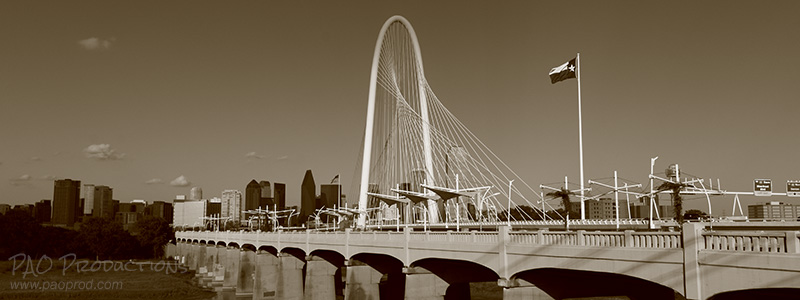This is an illustrated chronology of all the cameras I have used over the years from the very beginning up until the present day, with the exception of cell phones and one-offs taken using other people's equipment. I still have most of these in my possession.
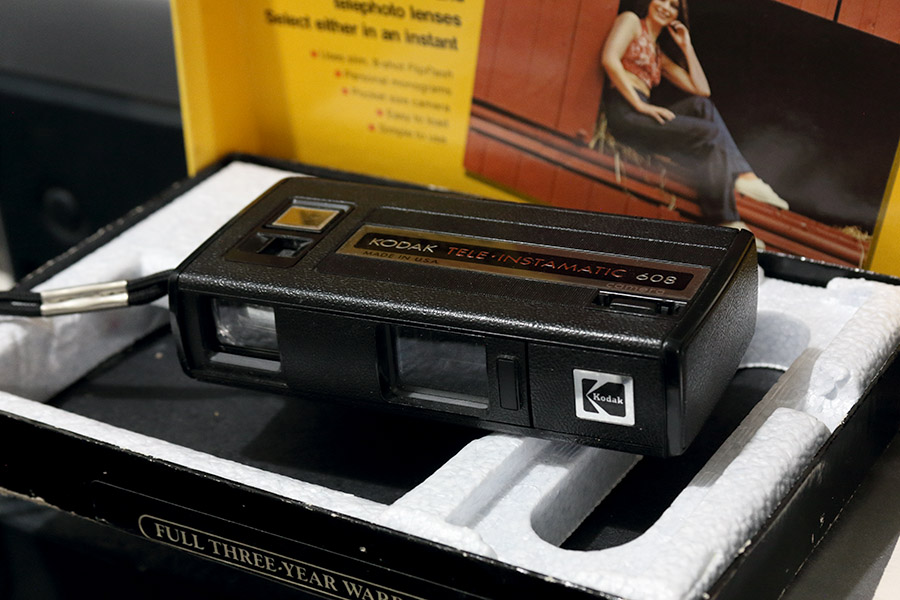
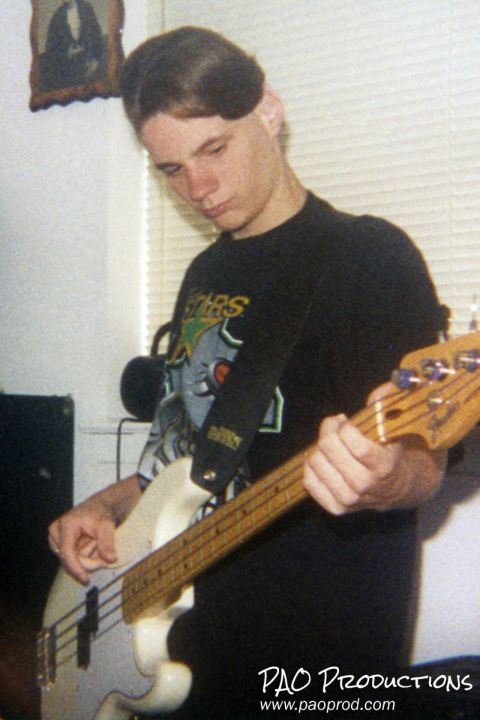
 Sadly, this isn't my original unit. The original seems to have disappeared.
Sadly, this isn't my original unit. The original seems to have disappeared.
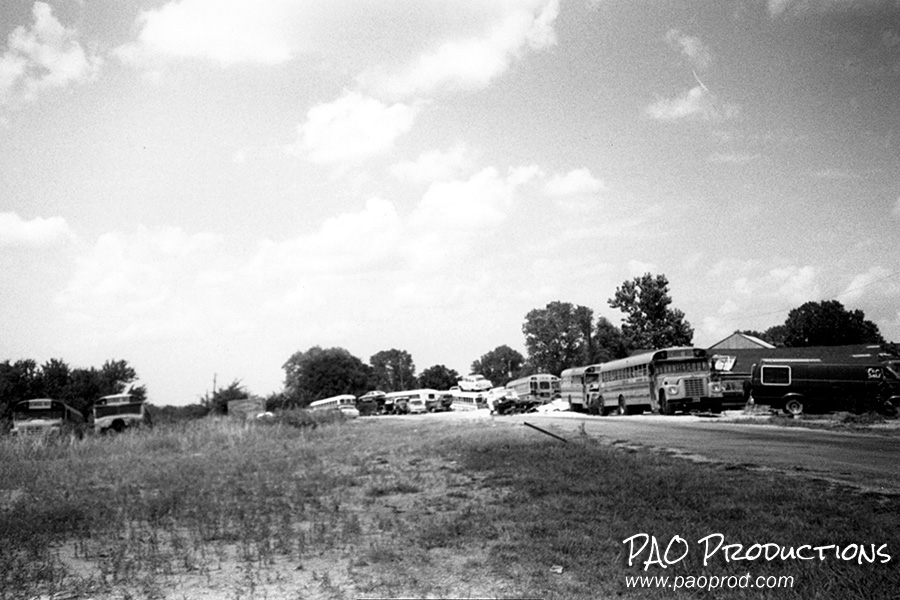 Taken in July 1995 using the "focus-free" camera
Taken in July 1995 using the "focus-free" camera
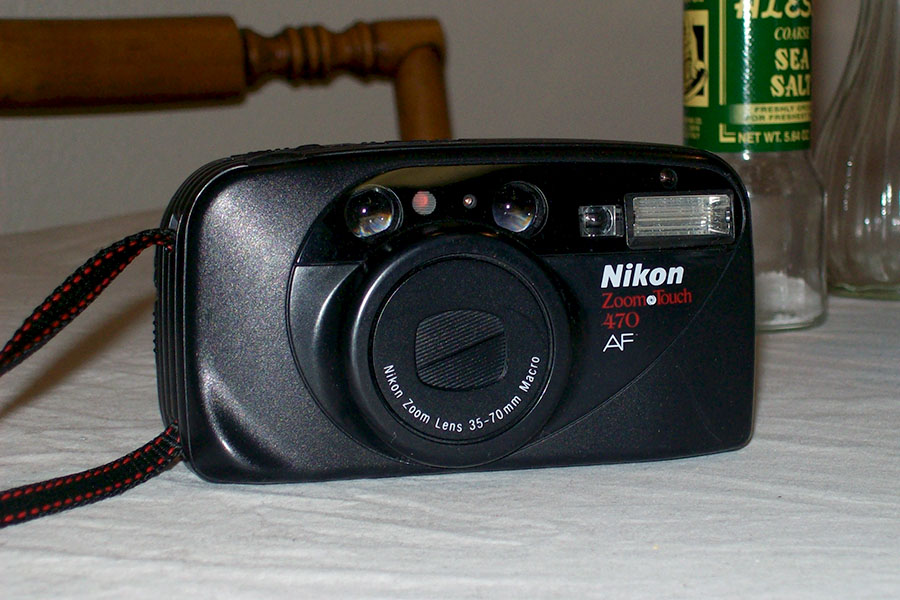
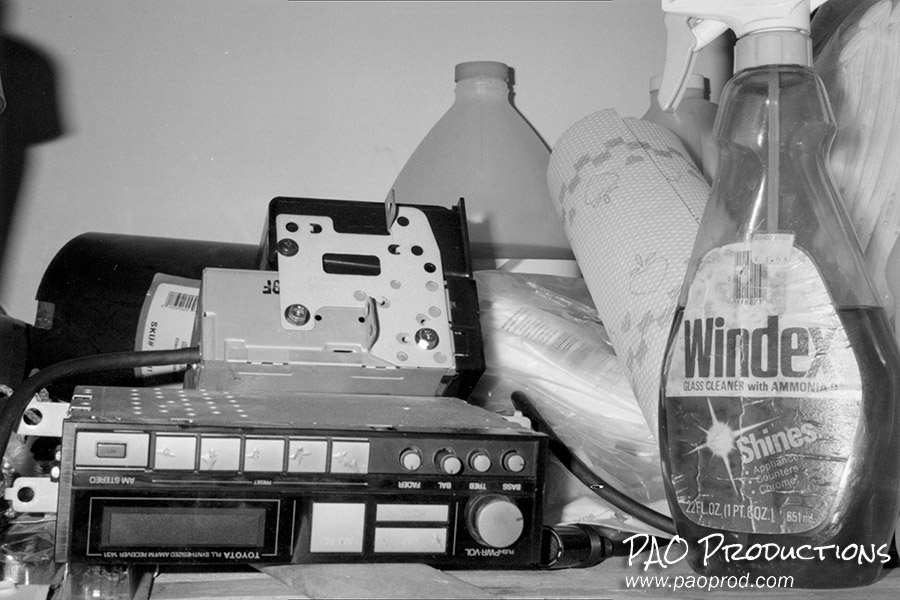 Taken with the 470 AF in October 1995
Taken with the 470 AF in October 1995
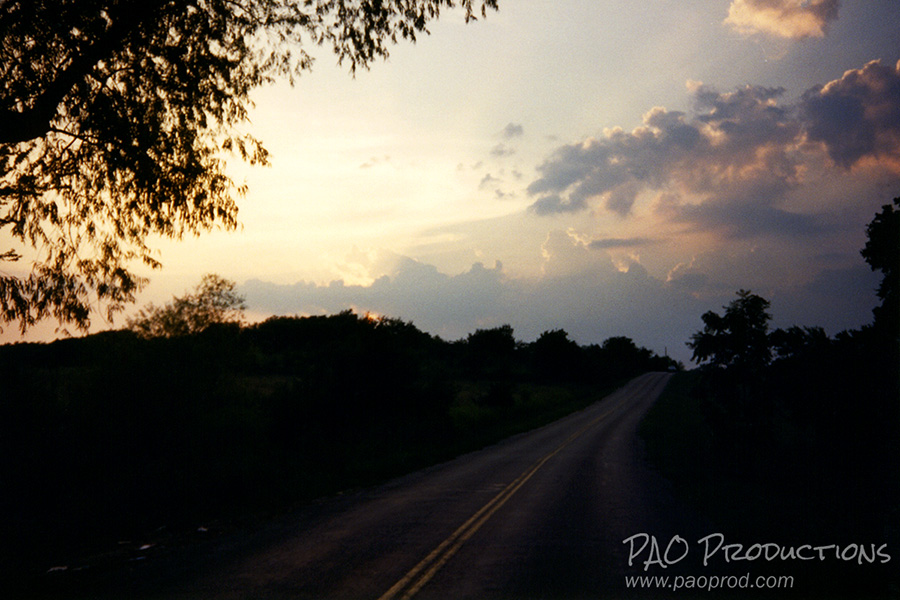 Taken with the 470 AF in July 1995
Taken with the 470 AF in July 1995
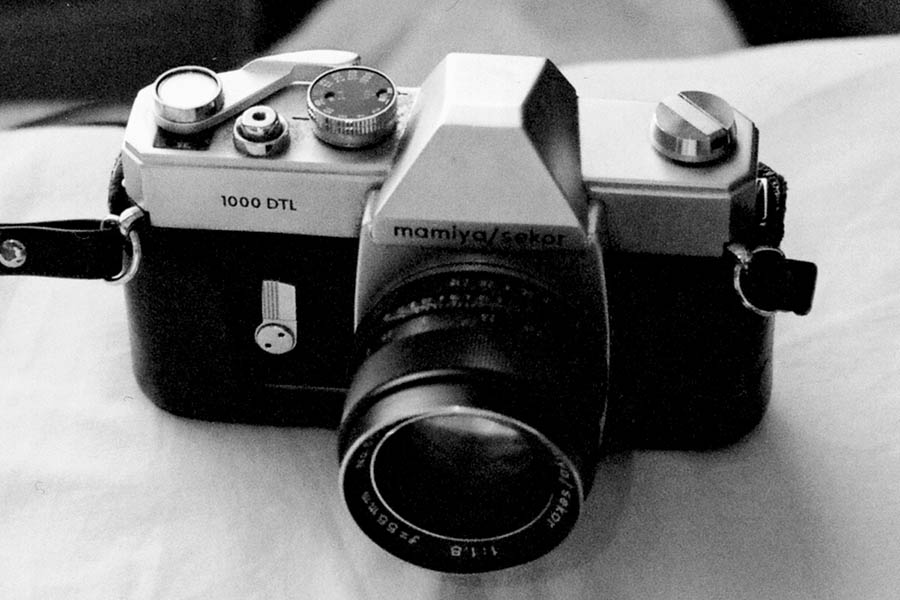 My original 1000 DTL, taken in 2008 using one of its replacements
My original 1000 DTL, taken in 2008 using one of its replacements
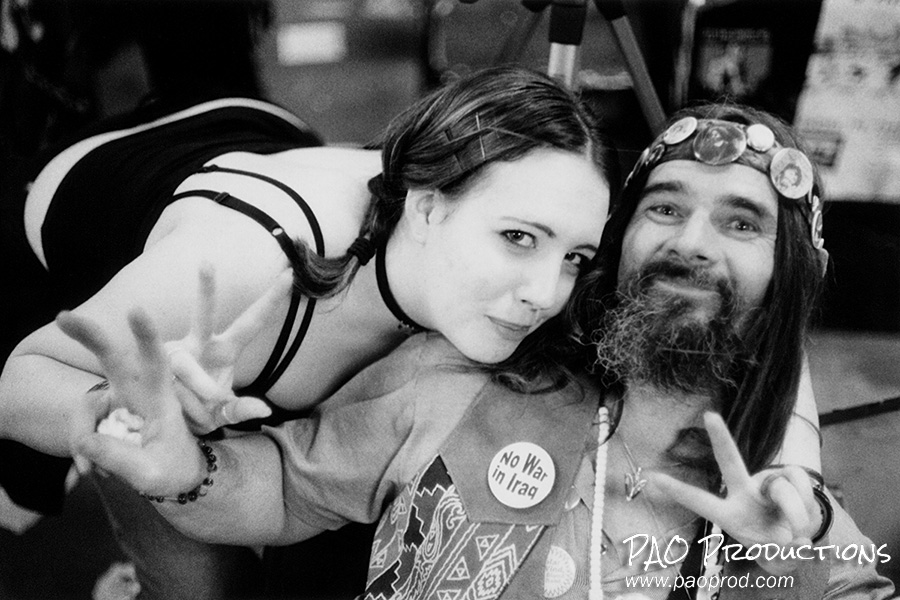 Taken in 2002 with my original 1000 DTL, at the first open mic at Bill's
Taken in 2002 with my original 1000 DTL, at the first open mic at Bill's
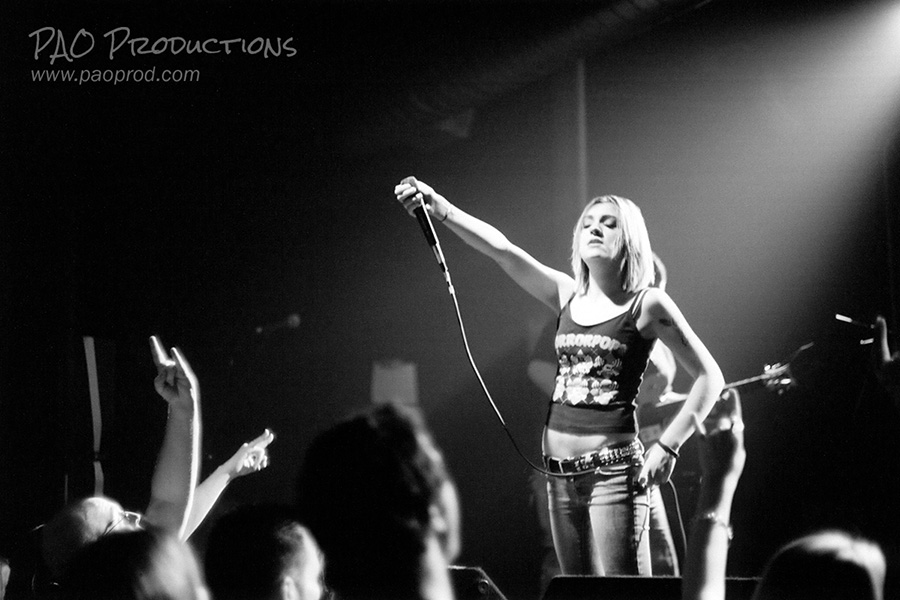 Taken in October 2007, still using my original unit
Taken in October 2007, still using my original unit
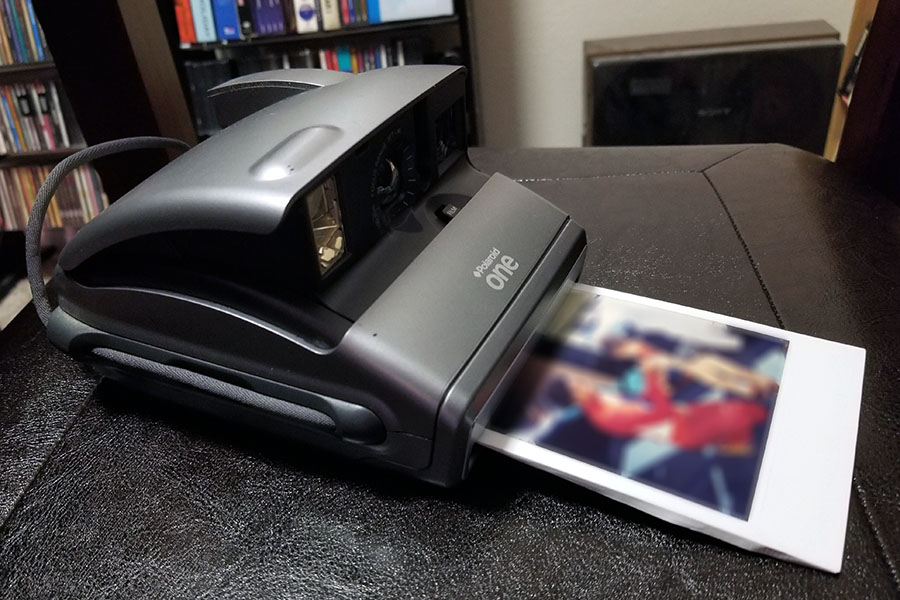 The Polaroid One I used, on loan from a friend
The Polaroid One I used, on loan from a friend
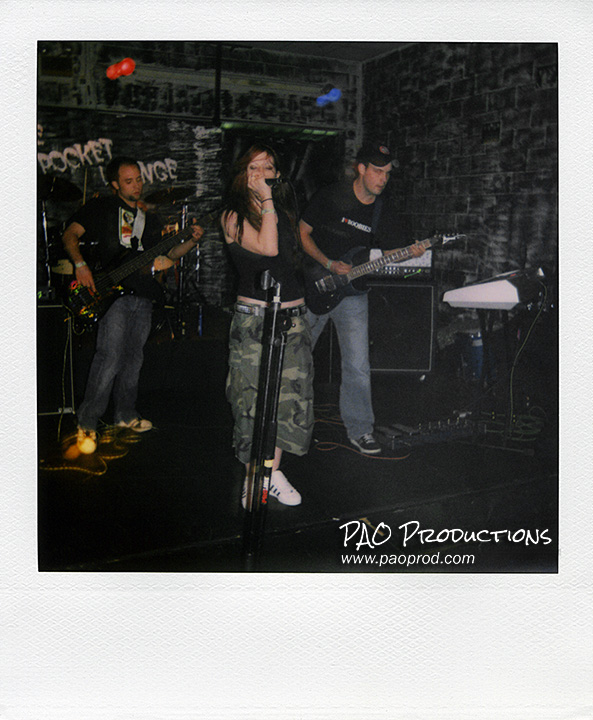 I must say that out all the film based formats I've used, none has been as annoying to work with as the Polaroid 600 used by this camera. I don't like the square frame, the lack of fine control over the image has always been a big handicap compared to regular filmstrip based photography, and nothing else has ever taken more effort to convert to and work with in a digital format. Those white borders in particular have always proven to be a major headache when it comes to image color correction and retouching. This is one format I definitely don't miss, although I am glad to report that it lives on today courtesy of the Impossible Project.
I must say that out all the film based formats I've used, none has been as annoying to work with as the Polaroid 600 used by this camera. I don't like the square frame, the lack of fine control over the image has always been a big handicap compared to regular filmstrip based photography, and nothing else has ever taken more effort to convert to and work with in a digital format. Those white borders in particular have always proven to be a major headache when it comes to image color correction and retouching. This is one format I definitely don't miss, although I am glad to report that it lives on today courtesy of the Impossible Project.
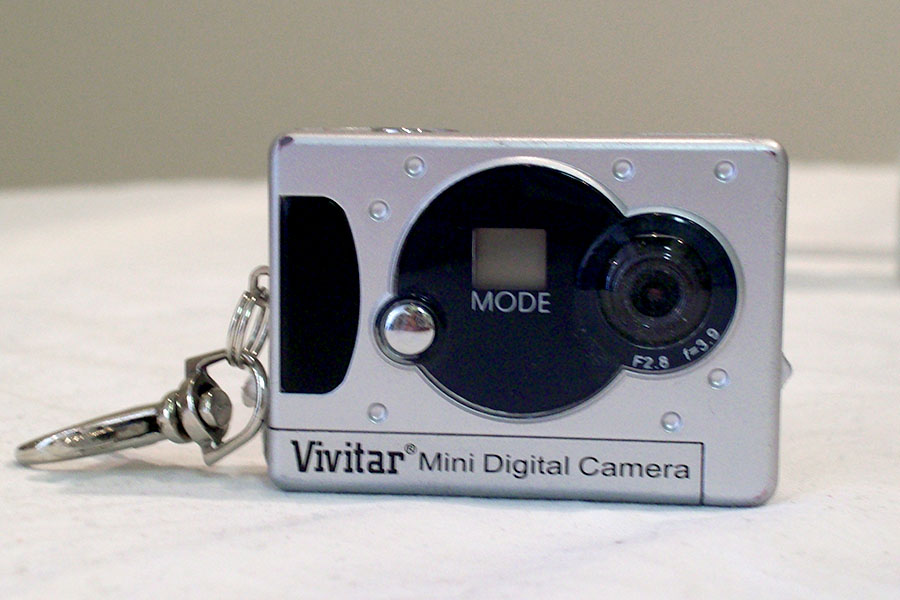 The world's cheapest digital camera?
The world's cheapest digital camera?
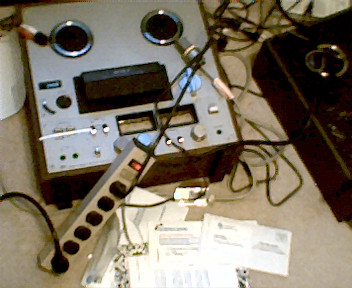
 Two photos taken with the Vivitar $10 camera
Two photos taken with the Vivitar $10 camera

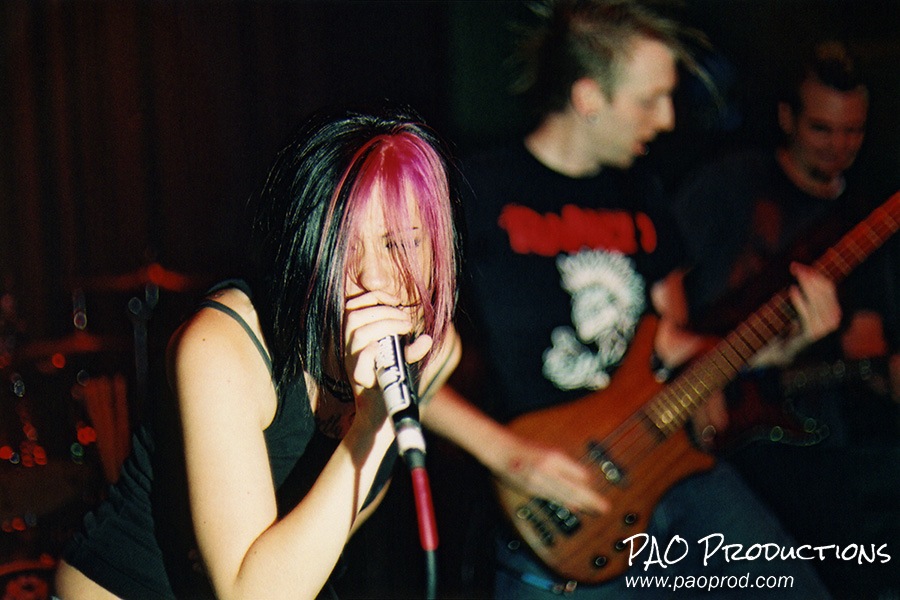 Skillman Street Pub, taken with the Rebel G in July 2008
Skillman Street Pub, taken with the Rebel G in July 2008
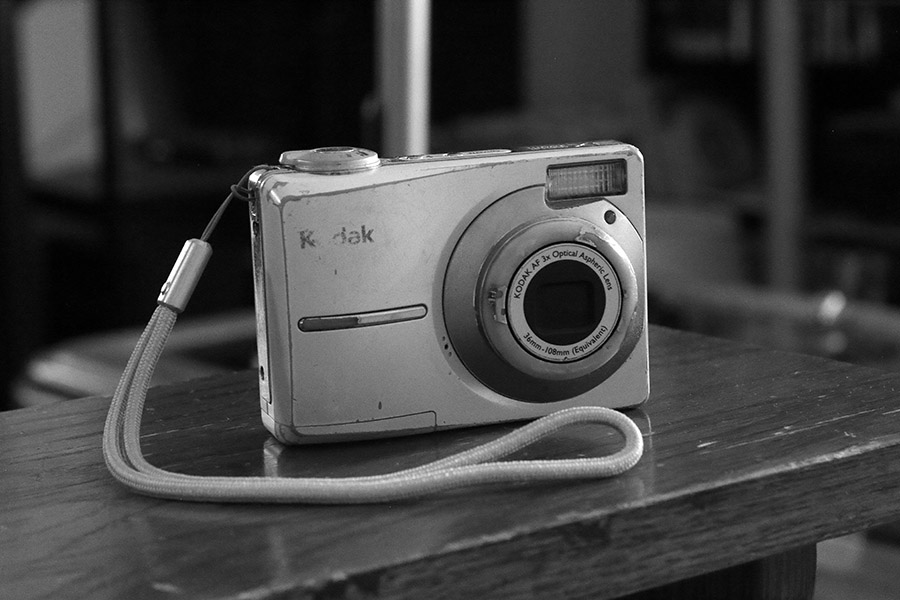 This camera obviously saw a lot of use in its day
This camera obviously saw a lot of use in its day
 The first photo taken with the C613
The first photo taken with the C613
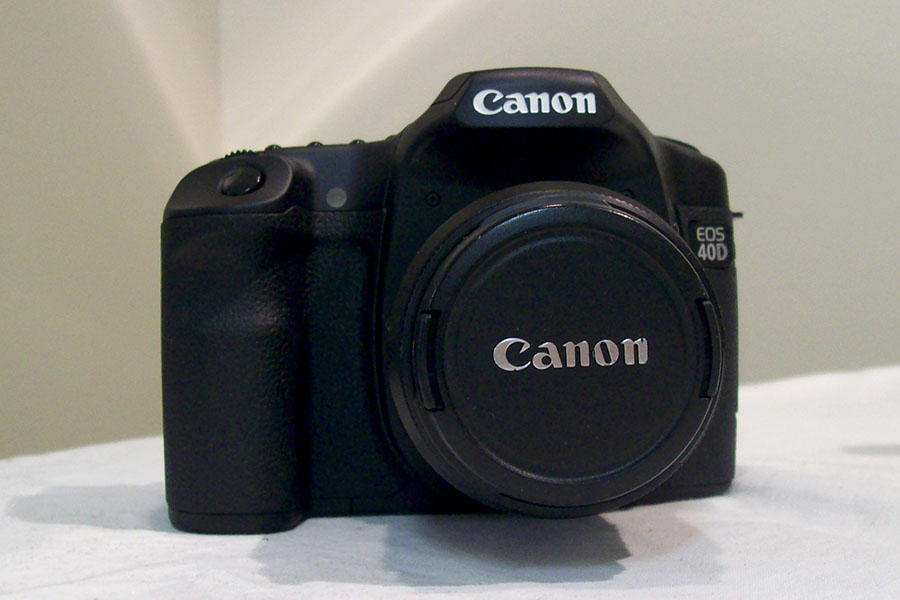
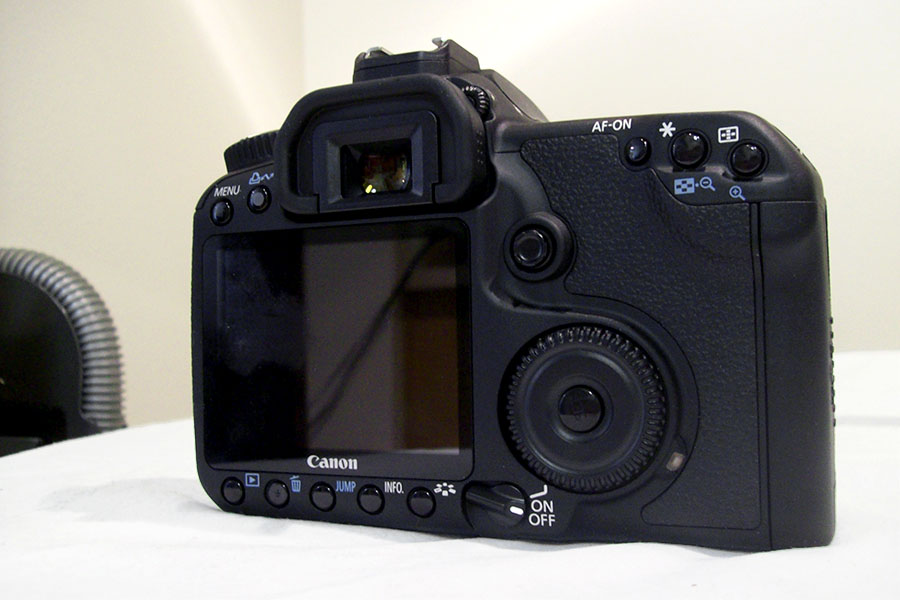 The 40D right after I brought it home from the camera shop
The 40D right after I brought it home from the camera shop
 One of the very first photos taken with the 40D
One of the very first photos taken with the 40D
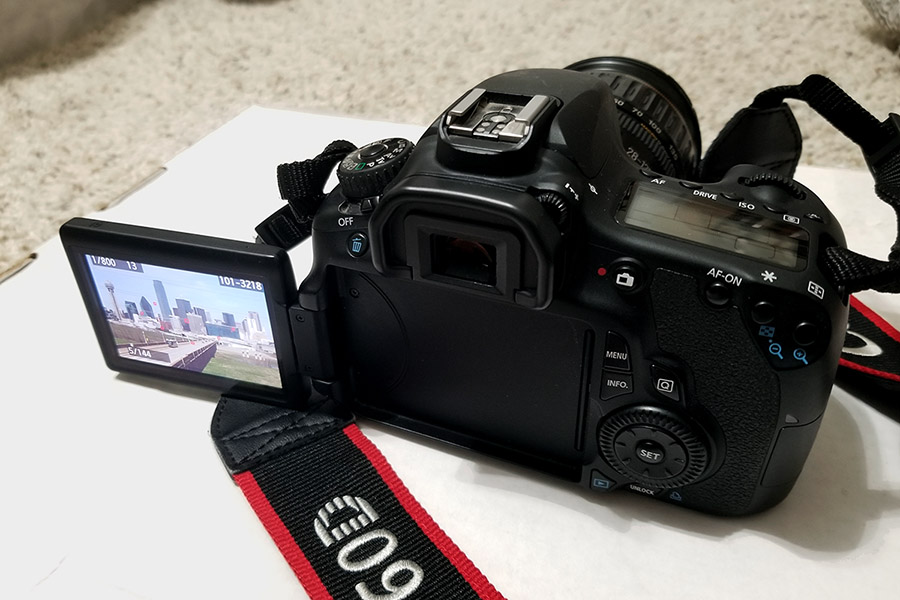
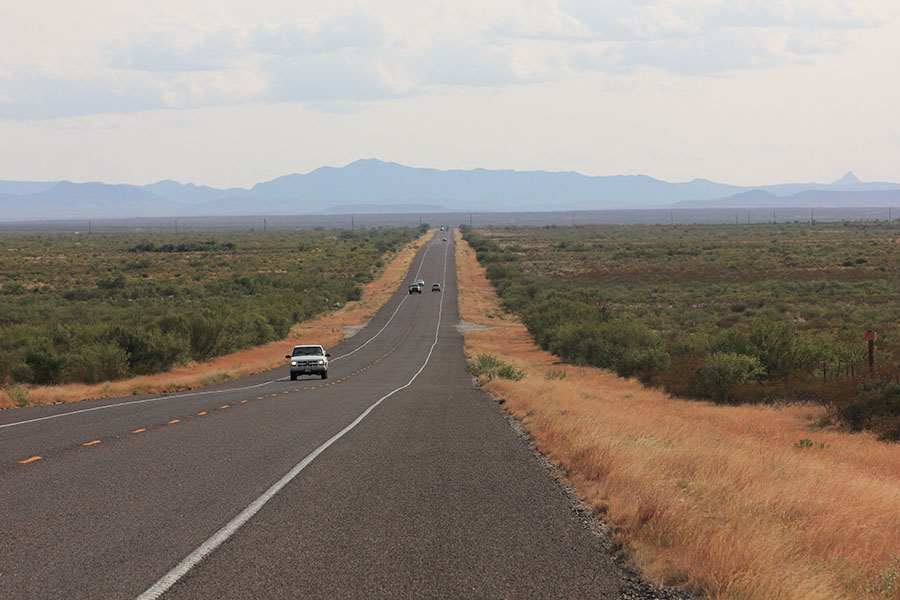 One of the first photos taken with the 60D, somewhere in West Texas
One of the first photos taken with the 60D, somewhere in West Texas
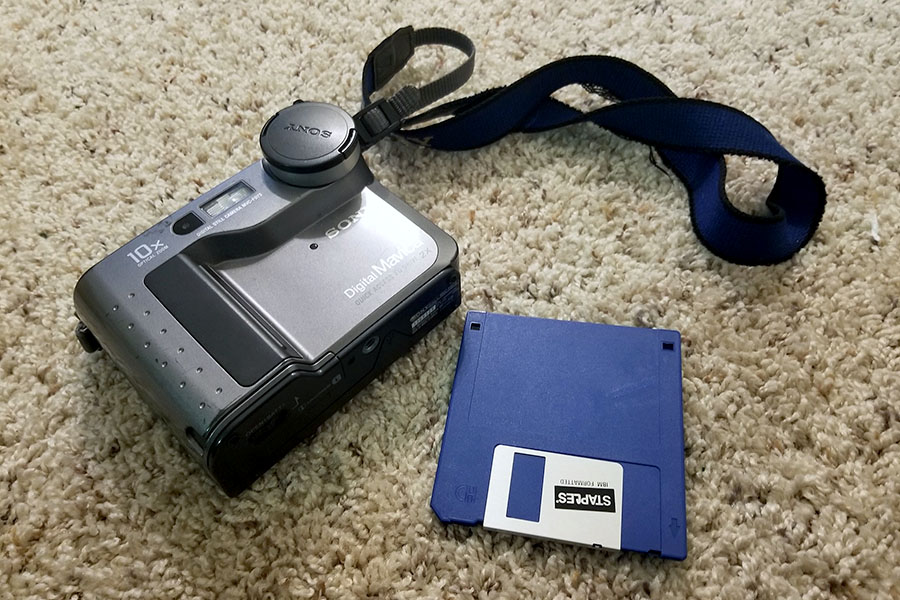
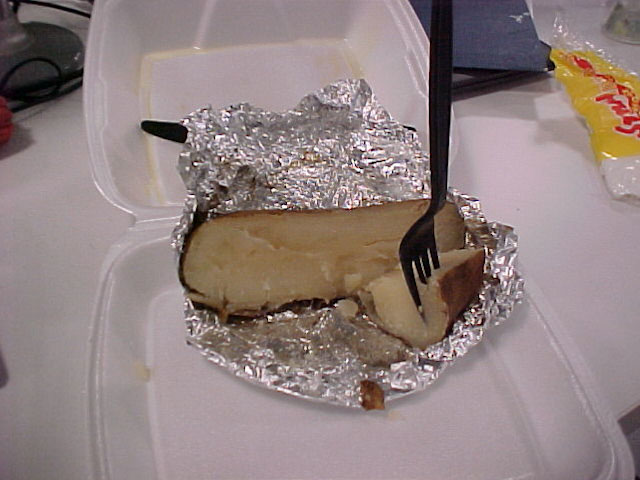
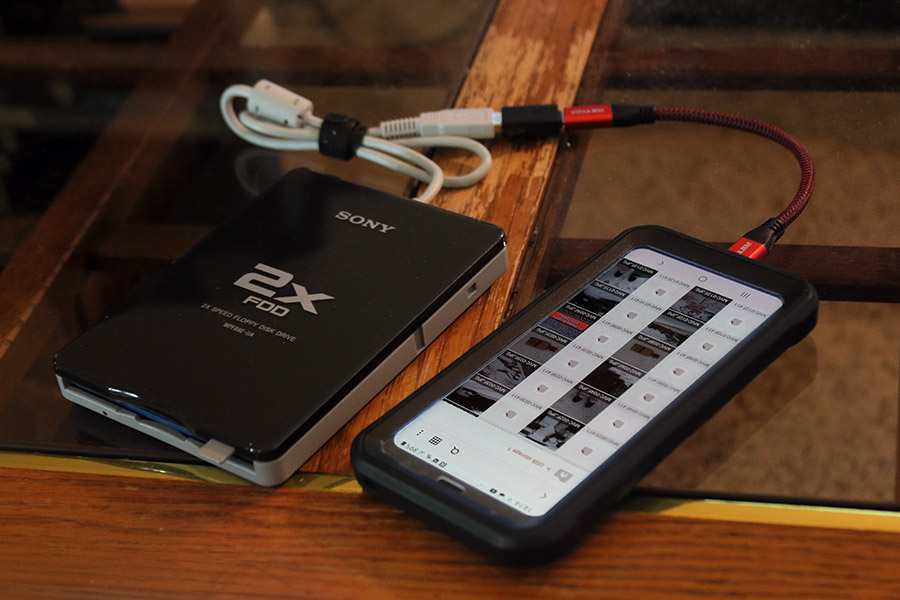 Old technology meets new when transferring photos taken with the Mavica
Old technology meets new when transferring photos taken with the Mavica
1995
Kodak Tele-Instamatic 608

The camera I started with in late spring 1995. My original unit was my mother's old camera, which I used for a few months until light leakage problems became too serious to ignore. This was not a great photographic tool by any stretch, but we all have to start somewhere.

Taken in June 1995 using the Tele-Instamatic
1995
Polaroid 35mm "focus-free"
 Sadly, this isn't my original unit. The original seems to have disappeared.
Sadly, this isn't my original unit. The original seems to have disappeared.
My first ever 35mm camera was picked up in a Target or K-Mart using money I earned working my first ever job. It had a fixed focus, built in flash, and an auto-loading mechanism for film rolls. It lasted for a few months before I moved on to my first reasonable quality camera below.
 Taken in July 1995 using the "focus-free" camera
Taken in July 1995 using the "focus-free" camera
1995
Nikon Zoom-Touch 470 AF

My parents bought this camera to replace the Instamatic (which I had essentially taken possession of), but I shortly thereafter commandeered this one as well. It was a big step forward compared to the Instamatic, producing markedly better images on film and sporting an extremely useful optical zoom lens. In fact, I didn't fully retire this one until 2008, using it for some casual photography and even for the occasional small scale local show until it was supplanted by the Kodak EasyShare C613. I also pulled it out for one last hurrah in 2011, purely for the sake of nostalgia.
 Taken with the 470 AF in October 1995
Taken with the 470 AF in October 1995
 Taken with the 470 AF in July 1995
Taken with the 470 AF in July 1995
2002
Mamiya/Sekor 1000 DTL
 My original 1000 DTL, taken in 2008 using one of its replacements
My original 1000 DTL, taken in 2008 using one of its replacements
My first real entry into more "serious" photography, it was with this camera that I learned the fundamentals of picture taking such as apertures, f-stops, depth of field, exposure time, ISO settings, etc., providing a foundation for all that was to come. Acquiring my original unit as a hand-me-down in 2002, I went through a number of these cameras after the first unit's shutter gave out during a Screaming Red show in early 2008. The original was used all through the original open mic at Bill's Records and on through the first year of my concert photography, followed by its replacements, until I acquired my first Canon SLR.
 Taken in 2002 with my original 1000 DTL, at the first open mic at Bill's
Taken in 2002 with my original 1000 DTL, at the first open mic at Bill's
 Taken in October 2007, still using my original unit
Taken in October 2007, still using my original unit
2007
Polaroid One
 The Polaroid One I used, on loan from a friend
The Polaroid One I used, on loan from a friend
I'd never taken a Polaroid photo until I borrowed this camera from a friend in 2007. My reason for doing so was the recognition that digital photography was going to kill the instant film industry, and that I needed to get the experience of using a Polaroid camera in the limited time I had left. So I borrowed the camera and took it out for some spins over the next several months.

Taken in Kilgore, TX in June 2007
2007
Vivitar Mini Digital Camera
 The world's cheapest digital camera?
The world's cheapest digital camera?
Technically my first ever digital camera, I picked this up at either CVS or Walgreens up the street from my apartment for the princely sum of $9.99 plus tax. The owner's manual was essential to operating its befuddling controls and deciphering its cryptic readouts, and the photos it produced were of truly terrible quality. Needless to say, this camera did NOT see usage for very long, yet I somehow ended up with two of them.


2008
Canon EOS Rebel G

This was my first SLR camera with anything automated on it. Although I was initially dubious about replacing my old manually operated cameras, this soon became my "go-to" unit, and I gladly ditched the world of screw mount, manual focus lenses without ever looking back. The Rebel G remained my primary camera until it was succeeded in late 2008 by my first DSLR, although I have pulled it out of mothballs a few times for some one-off 35mm shooting.
 Skillman Street Pub, taken with the Rebel G in July 2008
Skillman Street Pub, taken with the Rebel G in July 2008
2008
Kodak EasyShare C613
 This camera obviously saw a lot of use in its day
This camera obviously saw a lot of use in its day
My first viable digital camera, though I never purchased it with the intention of replacing my Canon Rebel G. This served as something of a snapshot and travel unit, being heavily used for casual photography during my first few years of road trips and for everyday, non "serious" shooting for several years, until I bought my first smartphone in 2015.
 The first photo taken with the C613
The first photo taken with the C613
2008
Canon EOS 40D

 The 40D right after I brought it home from the camera shop
The 40D right after I brought it home from the camera shop
My first serious digital camera, purchased in September 2008, and the one that brought about the immediate retirement of all the foregoing models save for the EasyShare. This was my main camera for the Lost Art Open Mic, nearly all concert photography from late 2008 onward, and for every event I photographed for the next decade, whether paid or unpaid. I didn't get around to replacing it until 2020, during the height of the pandemic. By that point, I had grown tired of the increasingly slippery controls which had worn out due to age and usage, and it was long past time to upgrade to something better.
 One of the very first photos taken with the 40D
One of the very first photos taken with the 40D
2020
Canon EOS 60D

My current camera, a significant upgrade up from the 40D. From 2017 to 2020, the older DSLR saw little use outside of my yearly road trips, as my passion for photography had essentially fizzled out. In 2008, I had taken out a $1200 line of credit to purchase the 40D brand new. In 2020, the expense of buying a brand new camera body couldn't be justified by my then-current lack of activity, but if there's anything I'm good at, it's finding a good deal on quality secondhand equipment. I bought this camera with a low shutter count for a good price, and I have been very happy with it thus far.
 One of the first photos taken with the 60D, somewhere in West Texas
One of the first photos taken with the 60D, somewhere in West Texas
2021
Sony Digital Mavica MVC-FD73

This camera was given to me in 2021 by a friend who found it while clearing out her old ex's stuff. It records 640x480 VGA quality images onto 3.5" floppy disks. I've used this just for kicks and for novelty, never trying to get anything of serious quality out of it. This is not the first Mavica I've ever used - circa 2001/2002 my mom had one of these courtesy of her employer at the time, and I used it for possibly two or three photos before writing off digital photography as being of very poor quality compared to 35mm (or even 110, for that matter). How the times have changed.

A representative photo showing the quality of the MVC-FD73
 Old technology meets new when transferring photos taken with the Mavica
Old technology meets new when transferring photos taken with the Mavica
